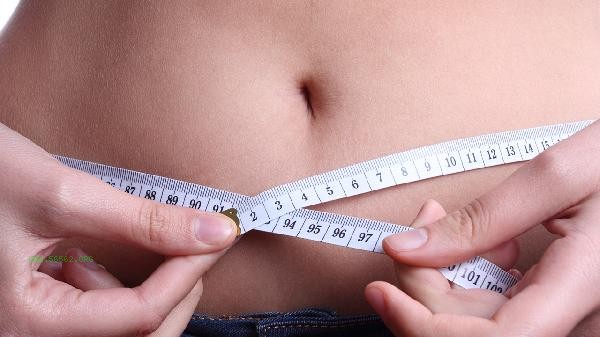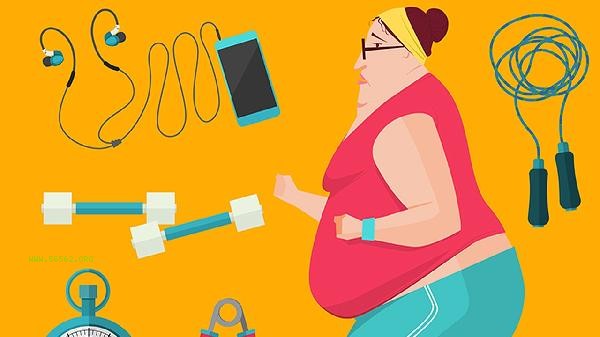The claim of not eating and drinking water at night to lose weight is not scientific. Healthy weight loss requires reasonable control of calories throughout the day rather than simply fasting. The key to scientific weight loss lies in the calorie deficit and metabolic patterns. Excessive restriction of drinking water may actually lead to problems such as dehydration and electrolyte imbalance.

1. Metabolic pattern:
The basal metabolic rate of the human body decreases by about 15% at night, but completely stopping eating can lead to muscle breakdown. Moderate intake of protein and dietary fiber during dinner can maintain stable blood sugar levels and avoid overeating the next day. It is recommended to choose low GI foods such as chicken breast and broccoli, with calories controlled within 300 calories.
2. Water demand:
At night, the human body still consumes water through breathing and sweating, and completely abstaining from water may increase blood viscosity. Drinking 200ml of warm water 2 hours before bedtime can alleviate hunger and promote lymphatic circulation. Individuals with normal kidney function should maintain a daily water intake of 1500-2000ml.
3. Hormone regulation:

Hunger can stimulate the secretion of ghrelin, which in turn enhances appetite. Moderate supplementation of tryptophan such as milk and bananas in the evening can help synthesize melatonin and improve sleep quality. During deep sleep, the secretion of growth hormone is three times higher than during the day, which helps with fat breakdown.
4. Digestive health:
Long term fasting may lead to bile stasis and acid reflux. It is recommended to have dinner no later than 19:00 and stay awake for 3 hours after eating. Edible foods rich in soluble dietary fiber, such as chia seeds and konjac, delay gastric emptying.
5. Exercise coordination:
supplementing protein after moderate exercise at night can promote muscle repair. Research has found that low-intensity exercise such as yoga 2 hours before bedtime can burn 5-7% more calories during sleep. But vigorous exercise should be avoided from affecting the sleep cycle. Scientific weight loss requires the establishment of an all-weather energy management strategy. It is recommended to adopt a calorie distribution ratio of "three in the morning, two in the afternoon, and one in the evening", with high-quality protein and vegetables as the main ingredients for dinner, combined with 30 minutes of aerobic exercise daily. Weight monitoring should be conducted during the morning fasting period, with a recommended weight loss of no more than 1 kilogram per week. Those with basic diseases such as diabetes and hyperthyroidism need to adjust their diet plans under the guidance of nutritionists. Maintaining a regular schedule and positive mindset is more effective in achieving long-term weight control than simply limiting diet.





Comments (0)
Leave a Comment
No comments yet
Be the first to share your thoughts!